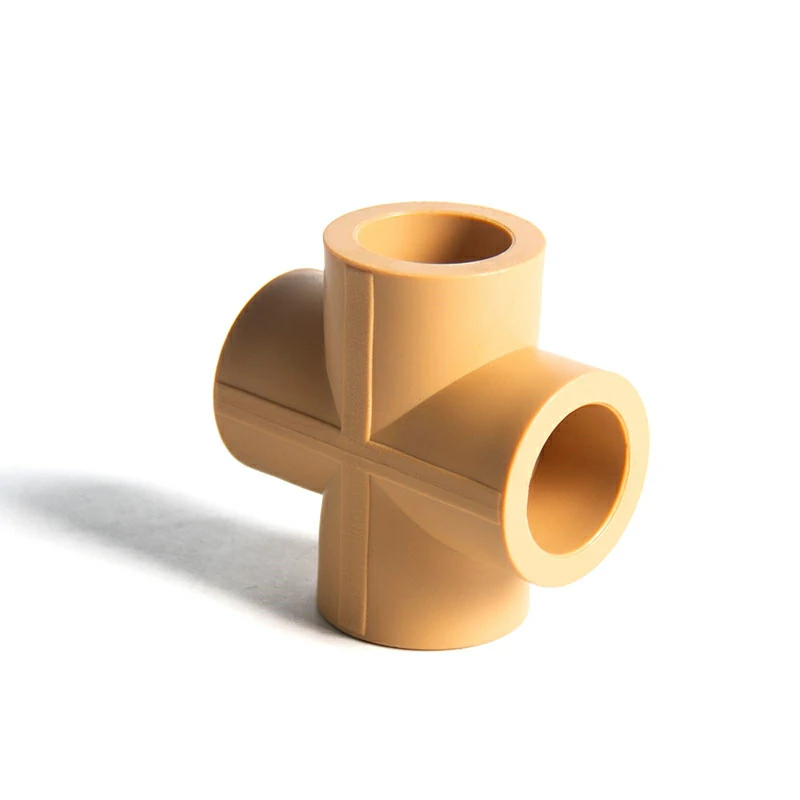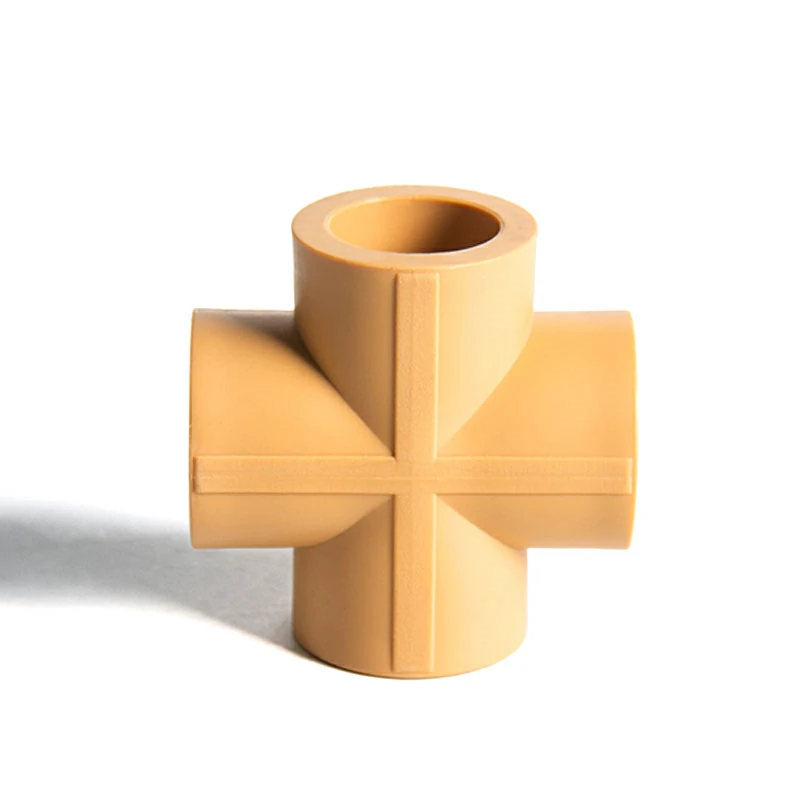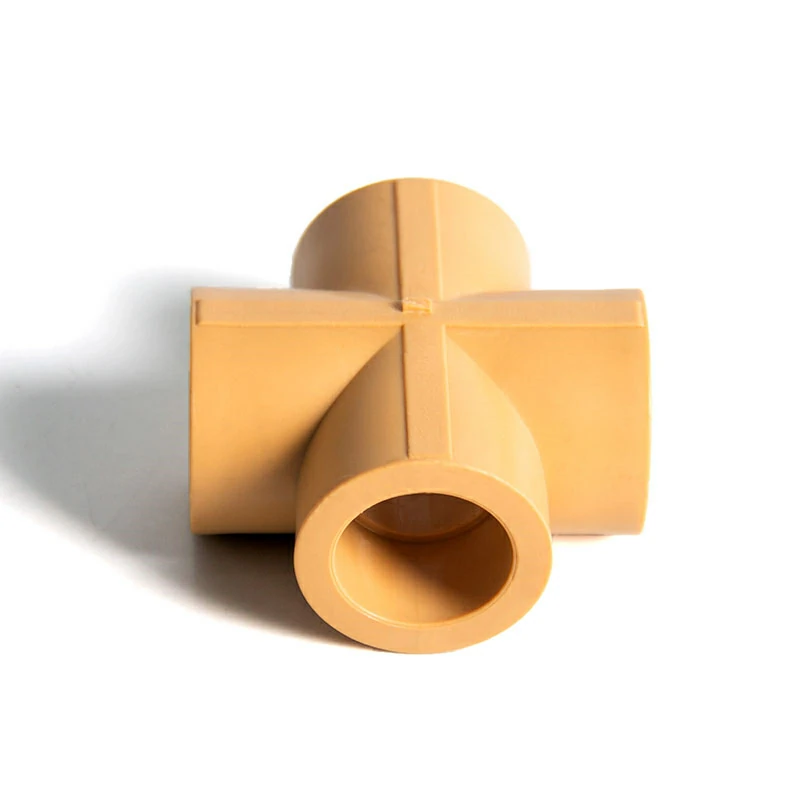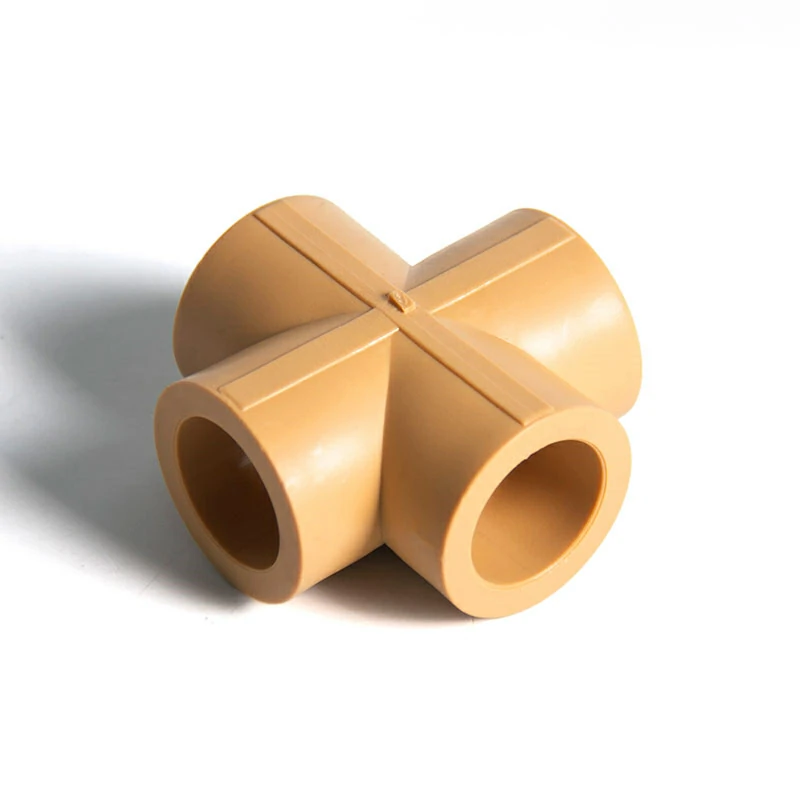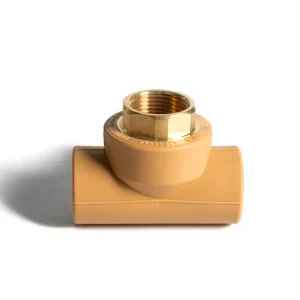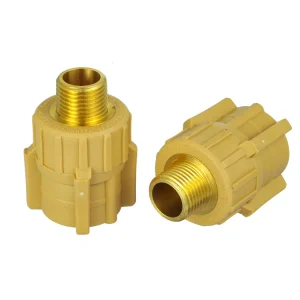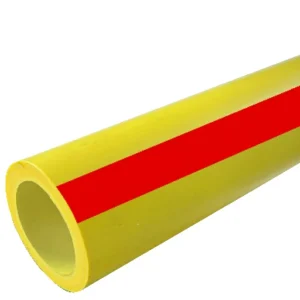Introduction
PPR (Polypropylene Random Copolymer) crossbend fittings, also known as PPR crosses, are essential components in modern plumbing systems. They facilitate the intersection of four pipes, allowing for the efficient distribution of water or other fluids in various directions. PPR crossbend fittings are widely used in residential, commercial, and industrial applications due to their durability, safety, and ease of installation.
Material Composition
PPR crossbend fittings are made from Polypropylene Random Copolymer, a type of plastic known for its excellent thermal and chemical resistance. This material ensures the fittings can withstand high temperatures and pressures, making them suitable for both hot and cold water supply systems.
Key Features
Durability
PPR fittings are resistant to corrosion, scaling, and chemical reactions, ensuring a long service life without degradation.
Thermal Resistance
These fittings can withstand temperatures up to 95°C (203°F), making them ideal for hot water systems.
High Pressure Tolerance
PPR crossbend fittings can handle high-pressure applications, maintaining integrity under varying pressure conditions.
Non-Toxic and SafeP
PR is a non-toxic material, ensuring that the fittings do not leach harmful substances into the water supply, making them safe for drinking water systems.
Smooth Internal Surface
The smooth interior of PPR fittings reduces friction, ensuring efficient water flow and reducing energy costs associated with pumping.
Easy Installation
PPR fittings are lightweight and easy to install using simple heat fusion techniques, which create leak-proof and reliable joints.
Applications
Residential Plumbing
PPR crossbend fittings are use in home plumbing systems to distribute water to multiple outlets, such as bathrooms, kitchens, and laundry areas.
Commercial Buildings
These fittings are use in commercial settings like hotels, hospitals, and office buildings, providing a robust and reliable plumbing network.
Industrial Systems
In industrial applications, PPR fittings are use for distributing process water, chemicals, and other fluids within factories and processing plants.
Heating Systems
PPR fittings are suitable for underfloor heating systems and central heating networks, handling both hot and cold water efficiently.
Irrigation Systems
They are also used in agricultural irrigation systems to ensure even distribution of water to various sections of fields or greenhouses.
Installation Guide
Cutting
Cut the PPR pipes to the required length using a pipe cutter, ensuring clean, straight edges.
Heating
Use a PPR welding machine to heat the ends of the pipes and the corresponding sockets of the crossbend fitting.
Joining
Quickly insert the heated pipe ends into the fitting sockets and hold them in place for a few seconds to form a strong, leak-proof joint.
Cooling
Allow the joint to cool naturally before applying any pressure or moving the assembly.
Testing
Once installed, test the system for leaks by pressurizing it with water or air and inspecting all joints.
Conclusion
PPR crossbend fittings are a versatile and reliable choice for various plumbing and fluid distribution applications. Their durability, thermal resistance, and ease of installation make them a preferred option for ensuring efficient and safe water supply systems in residential, commercial, and industrial settings. Investing in high-quality PPR fittings ensures long-term performance and peace of mind in any plumbing project.

